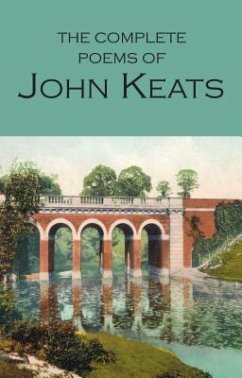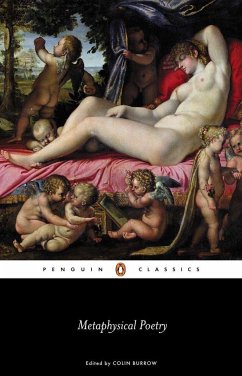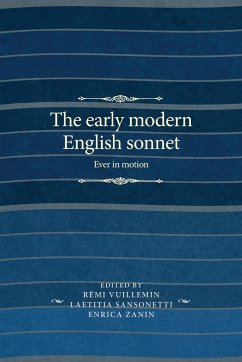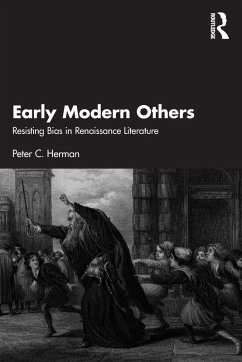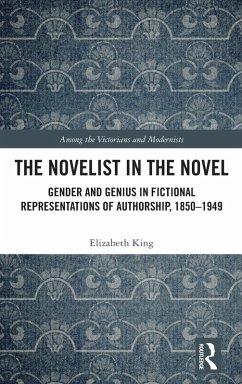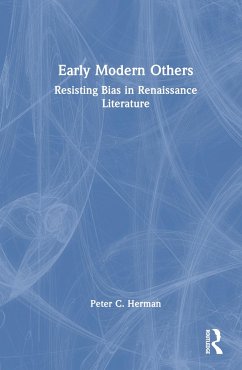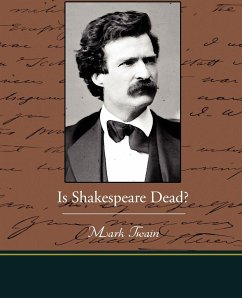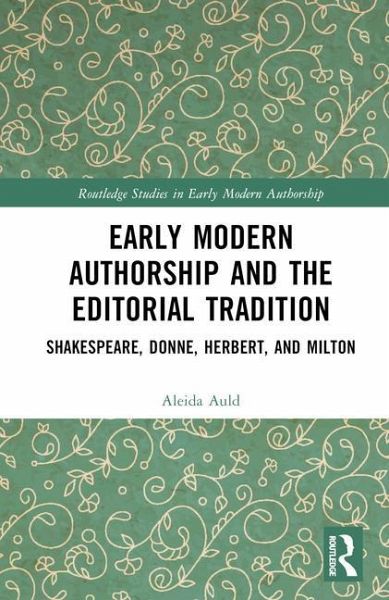
Early Modern Authorship and the Editorial Tradition
Shakespeare, Donne, Herbert, and Milton
Versandkostenfrei!
Versandfertig in 6-10 Tagen
154,99 €
inkl. MwSt.
Weitere Ausgaben:

PAYBACK Punkte
77 °P sammeln!
This volume adds a new dimension to authorship studies by linking the editorial tradition to the transformative reception of early modern authors and their works across time. Aleida Auld argues that the editorial tradition provides privileged access to the reception of early modern literature, informing our understanding of certain reconfigurations and sometimes helping to produce them between their time and our own. At stake are reconfigurations of oeuvre and authorship, the relationship between the author and work, the relationship between authors, and the author's own role in establishing a...
This volume adds a new dimension to authorship studies by linking the editorial tradition to the transformative reception of early modern authors and their works across time. Aleida Auld argues that the editorial tradition provides privileged access to the reception of early modern literature, informing our understanding of certain reconfigurations and sometimes helping to produce them between their time and our own. At stake are reconfigurations of oeuvre and authorship, the relationship between the author and work, the relationship between authors, and the author's own role in establishing an editorial tradition. Ultimately, this study recognizes that the editorial tradition is a stabilizing force while asserting that it may also be a source of strange and provocative reconceptions of early modern authors and their works in the present day. Scholars and students of early modern literature will benefit from this approach to editing as a form of reception that encompasses allthe editorial decisions that are necessary to 'put forth' a text.





